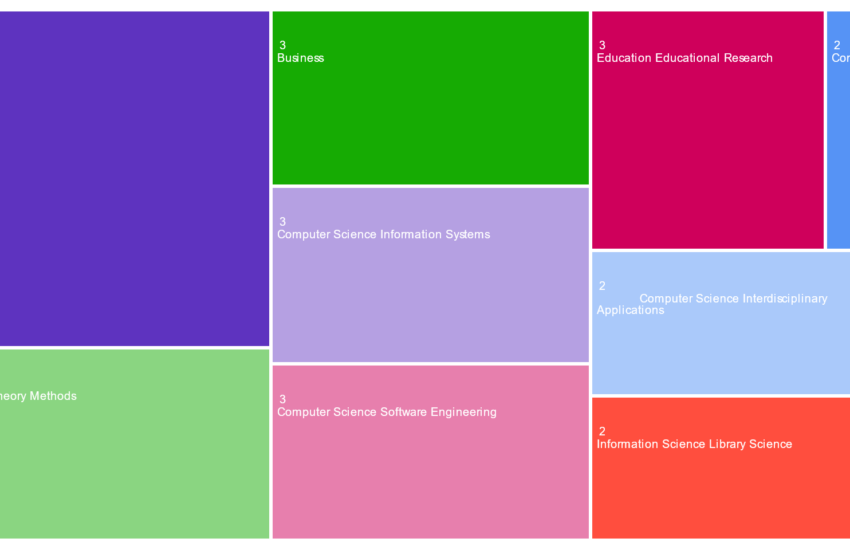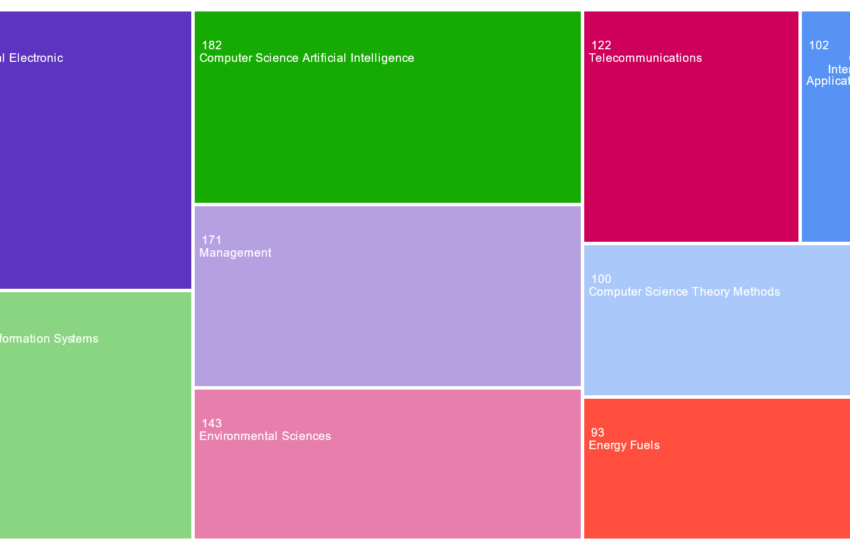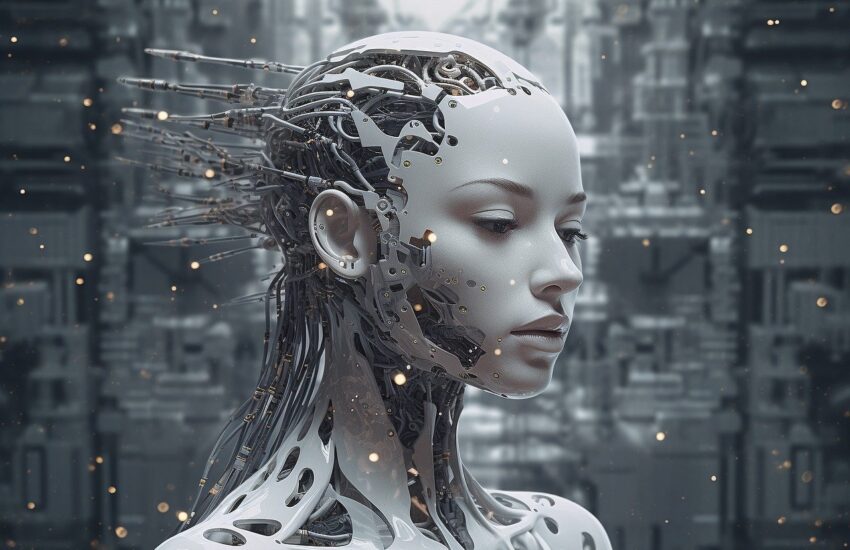There are two terms that were invented almost 40 years ago: artificial management and artificial leadership. I wrote about the first one a few days ago. The second – artificial leadership – is even more puzzling. When you type such a phrase into the Web of Science database, these words almost never appear side by side. We have various combinations of these words, e.g. LEADERSHIP IN ARTIFICIAL INTELLIGENCE TIME, LEADERSHIP IN THE ARTIFICIAL INTELLIGENCE ERA, but artificial leadership in the
Continue reading




